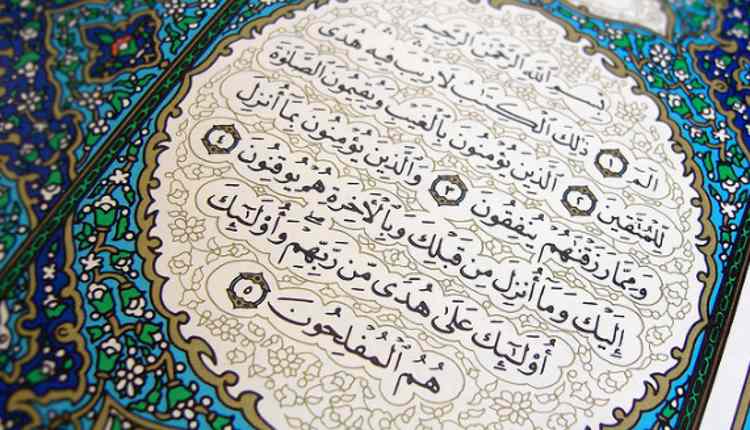Why Mohammad Cannot be the Author of the Quran
Ashfaq Bhai (Sheikh Ashfaq Ahmad) is a friend of mine and a relative. He is like an elder brother to me. As an educated and intelligent Muslim, he has always been interested in his religion. He sent me the following article authored by him which I thought was worth sharing with others.
WHY MOHAMMAD CANNOT BE THE AUTHOR OF THE KORAN
It has been frequently asserted, usually by non-Muslim scholars, that the Koran is a piece of work by Mohammad himself. This thought also crosses the minds of many Muslims as well, at times when skepticism abounds for one reason or another. But Muslims seldom express it in public, preferring not to offend other Muslims. Similar doubts were entertained and openly alleged by the opponents of Mohammad during his lifetime and beyond.
A number of rebuttals of this allegation are found in the Koran itself. One such rebuttal is quite well known. The Koran challenges anyone to make up something similar if anyone suspects that the Koran was made up by Mohammad. Although this is a pretty strong argument given the fact that no one has successfully taken up this challenge to date, but doubts still linger about the authorship of Koran in the modern minds for many reasons.
Perhaps the following will be appreciated by some of the open minded skeptics:
All those who are familiar with the process of creative writing will acknowledge without any hesitation that it takes many revisions and corrections to finalize a particular work. This is true whether one is writing verse or prose. This is also equally true whether the author is doing the writing himself or dictating his thoughts to a secretary or a ghost writer. Usually there is a first draft, a second draft and so on. Thus, a finished work of creative writing, when offered to the general public, has normally gone through many major or minor revisions and corrections done in private by the author.
Admittedly, sometimes poets do write a poem or two without changing a single word. But it happens very rarely. It is commonly referred to as “aamad” or revelation by creative writers, usually poets. However, this phenomenon is an exception to the general rule. Even great poets including Mir, Ghalib and Iqbal have never boasted that any particular collection of their works was entirely a product of a revelation-like experience. Even if they had claimed it, hardly any one in the literary community would have deemed it credible. The reason is simple. It is humanly impossible.
Mohammad, by his own admittance and by the Koranic testimony, was a regular human being. The Koran was dictated by Mohammad to his scribes who wrote it down or memorized it by heart or both. In this process, over a period of about 23 years, never once has there been a reported case of revision or correction that Mohammad had asked his scribes to make. Never once did he ask his listener(s) to change a word or two here and there either immediately after he had dictated the revelation or even after a few days or a few months.
This is a feat beyond the realm of human potential. Even from an exceptionally gifted creative writer, one can accept the claim of “aamad” for a couple of good days out of a month or two, but not for a continuous long period of 23 years.Thus Koran cannot be the work of a human being and it follows that Mohammad is not its author.

